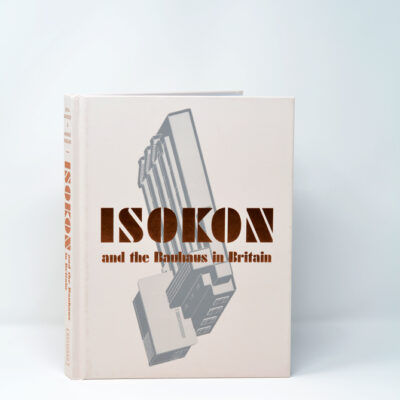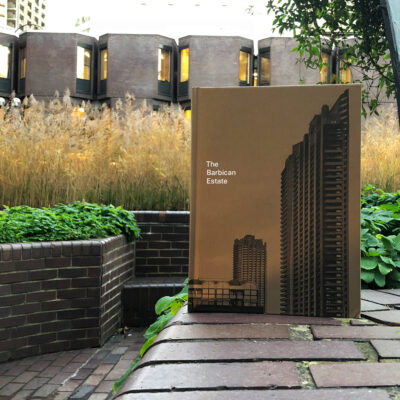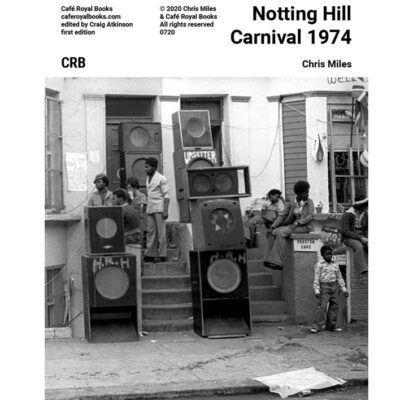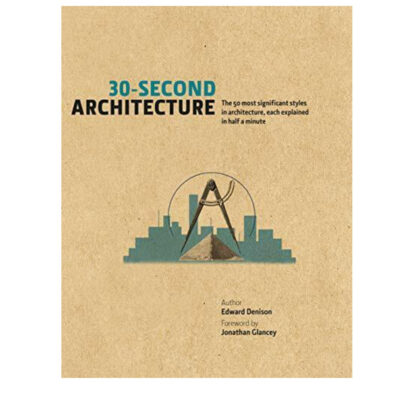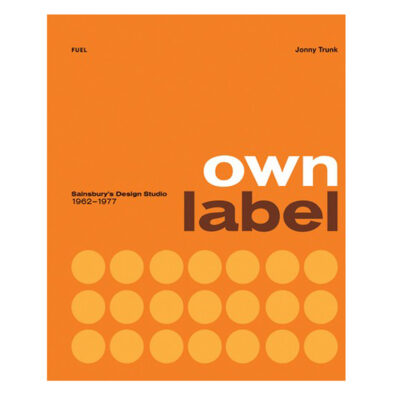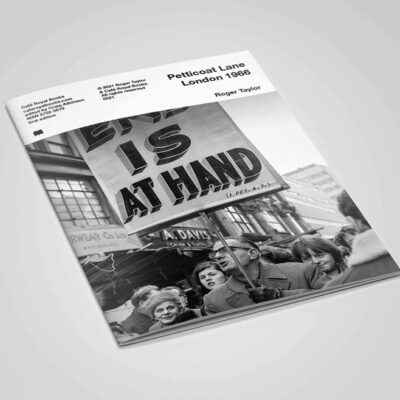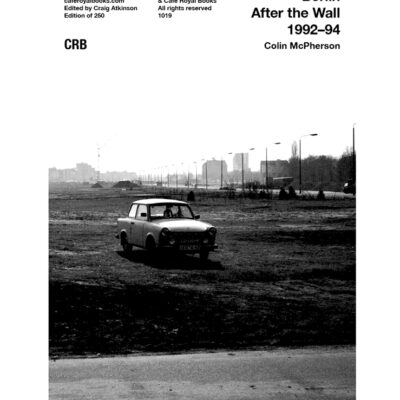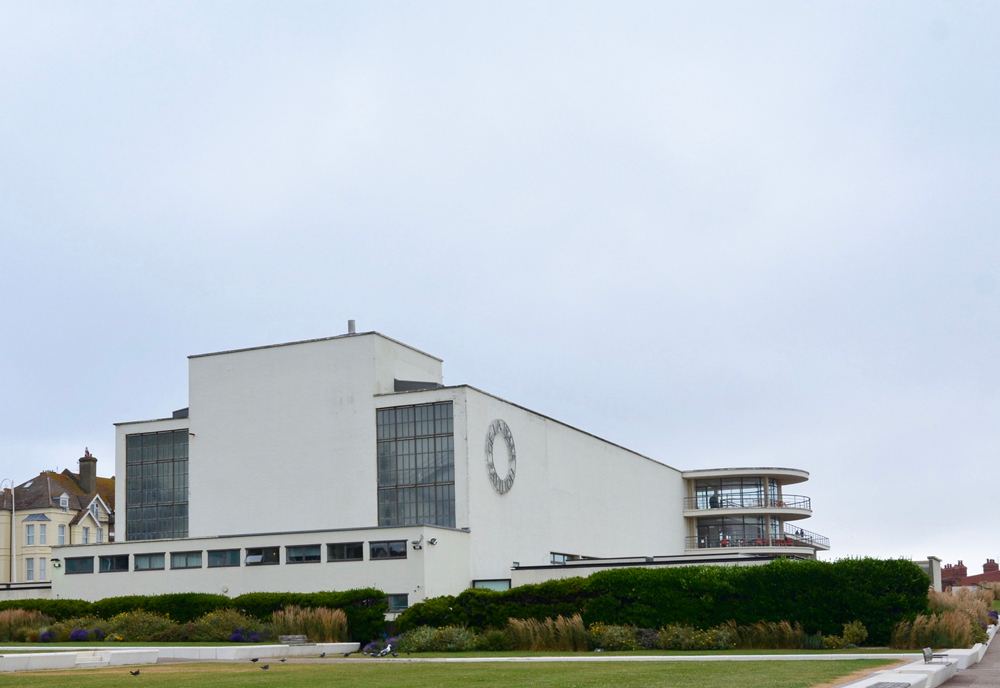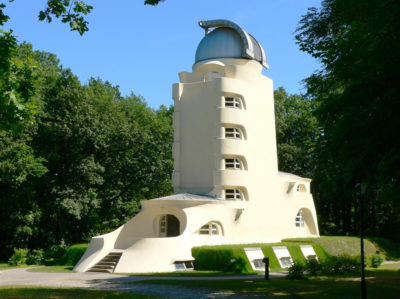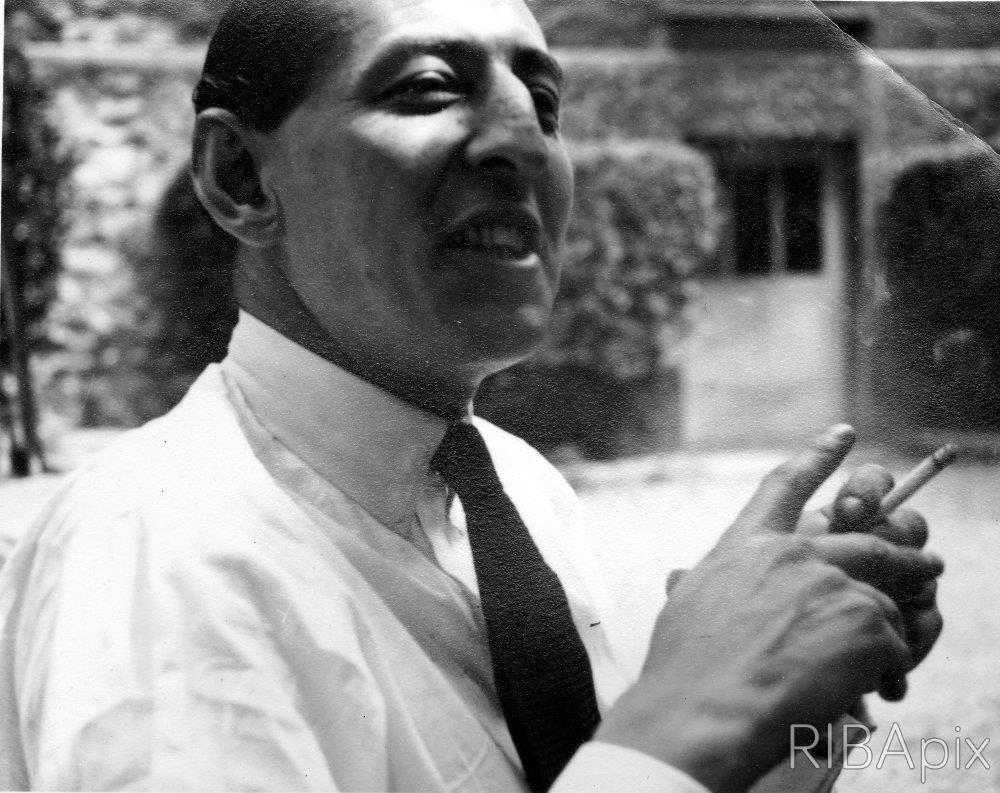
Serge Chermayeff
Serge Ivan Chermayeff was born 1900 in Grozny, in the Caucasus region of the Russian Empire. He arrived in England aged ten to receive a thoroughly English education. His parents had made some serious money due to the discovery of oil on land they owned. It is said that he took the name of the family with whom he lodged (arranged by his family) having entered Britain with a Russian Passport with the name Sergei Ivanovitch Issakovitchin (there is mention that the last name was added by the Russian Authorities to his Russian exit passport). Educated at Harrow, the money ran out when the family abruptly lost it in the 1917 Russian Revolution. His place at Cambridge suddenly evaporating before his eyes. Perhaps this was the making of Chermayeff as the roaring 20s looked to be a very creative period for him. His adventures as a twentysomething, man about town, saw him as a tango dancer, Argentinian dance hall owner, journalist for Harmsworth’s Amalgamated Press before becoming a designer for a decorating company. His parents got to Paris in 1924 and Serge frequently visited them which gave him maximum exposure to French modernist design. He was considered one of the foremost figures in the modernist scene in London.
British Citizenship
In 1928 he took British citizenship and with Paul Follot headed the Modern Art Studio at Waring and Gillow department store in central London. He ensured that Ben Nicholson and Christopher Wood were given prominence in their exhibition rooms. Sculpture mattered greatly to him and figured in buildings he designed and lived in, a Henry Moore he had commissioned graced the garden of his home with his wife Barbara. He opened an architectural practice in 1930. Three years later in 1933 arguably one of Germany’s most famous Modernist architects, Erich Mendelsohn, arrived in London fleeing racism, Chermayeff recognised the power of the moment and went into partnership with him. The two had in fact already met when they discussed Mendelsohn’s 1930 idea of creating an art and design ‘academy’ in the South of France – the Academée Europenenée Mediterenée. Mendelsohn’s 1933 arrival in London was with Hendrik Wijdeveld who would have been one of the guiding lights of the idea of creating the design community which never got off the ground.
Chermayeff and Mendelsohn’s projects together were De La Warr Pavilion, Cohen House and Shrubs Wood. Chermayeff is also credited with the design of Shann House and the headquarters and factory complex of Gilbeys Gin in Camden, London.
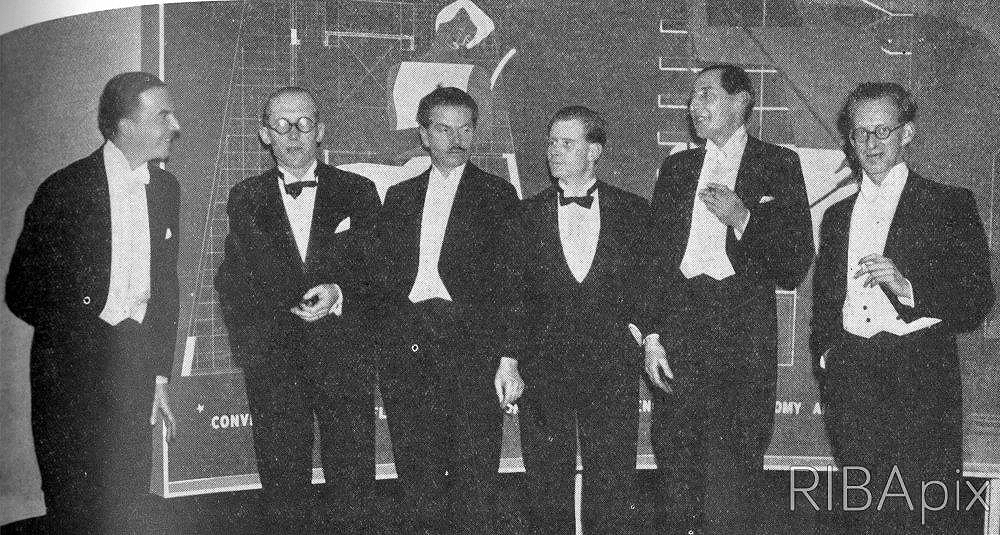
Party at the MARS Group Exhibition, New Burlington Galleries, London, with (l to r) Godfrey Samuel, Le Corbusier, Wells Coates, J. M. Richards, Serge Chermayeff and Maxwell Fry IMAGE RIBA COLLECTION
The US Years
In 1940 he moved to the United States where he worked briefly as an architect before becoming an academic, first as the Chairman of the Art Department of Brooklyn College and then teaching at the California School of Fine Arts. In 1946 upon the recommendation of Walter Gropius, he became President of the Institute of Design in Chicago. He went on to teach at MIT. In 1953 he moved to Massachusetts where he opened a practice with Haywood Cutting in tandem, he also took up the role of Professor of the Architecture Department at Harvard School of Design until 1962 when he moved over to Yale, (where Sir Norman Foster was one of his students) retiring in 1971.
In 1980 he was awarded the Sir Misha Black award.
His children carried the creative torch. Catherine working with Magnum Photos, Maro a documentary maker and academic, Sasha an artist who has received fellowships from the Ecole Nationale Superieure des Beaux-Arts in Paris and the Yale Summer School of Music and Art. Ivan who passed away in 2017 founded US design and branding firm Chermayeff-Geismar, Peter has an architectural practice today specialising in world-class aquarium architecture. In the early 60s, Peter and Ivan formed CambridgeSeven Associates who were commissioned by MBTA to make the Boston Transit service more user-orientation friendly and easier to visually navigate. The graphics created then remain in use today.
Sergei Chermayeff 1900-1996
Image of Serge: Riba Collections 1930
Academée information Modernism, Postmodernism, Landscape and Regeneration: Patrick Ayres and Fiona Russell 2006




